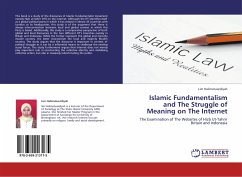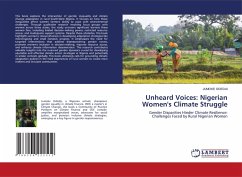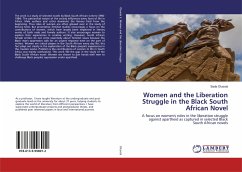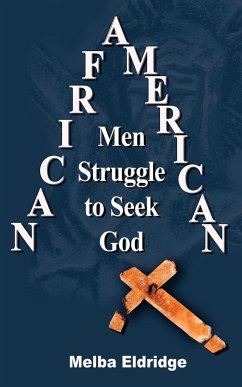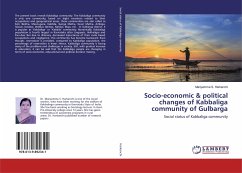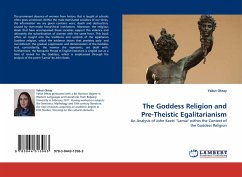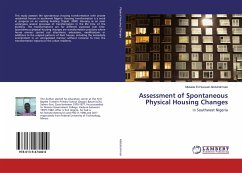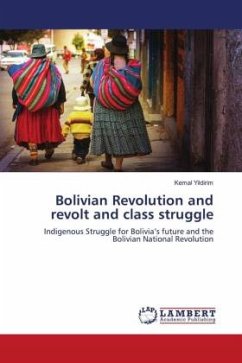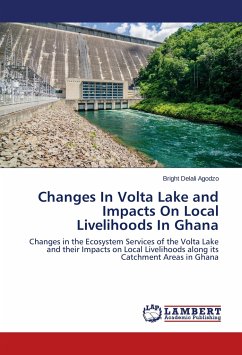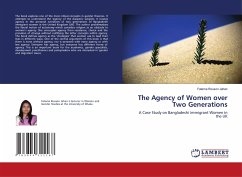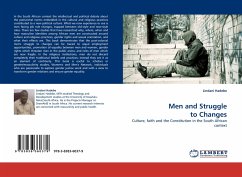
Men and Struggle to Changes
Culture, faith and the Constitution in the South African context
Versandkostenfrei!
Versandfertig in 6-10 Tagen
32,99 €
inkl. MwSt.

PAYBACK Punkte
16 °P sammeln!
In the South African context the intellectual and political debate about the patriarchal norms embedded in the cultural and religious practices contributed to a new political culture. What we now experience or see is men facing job role changes, trapped between old-style and new-style roles. There are few studies that have researched why, where, when and how masculine identities among African men are constructed around culture and religious practices, gender rights and sexual orientation, and what their effects are. This book demonstrates that the post-colonial men's struggle to changes can be...
In the South African context the intellectual and political debate about the patriarchal norms embedded in the cultural and religious practices contributed to a new political culture. What we now experience or see is men facing job role changes, trapped between old-style and new-style roles. There are few studies that have researched why, where, when and how masculine identities among African men are constructed around culture and religious practices, gender rights and sexual orientation, and what their effects are. This book demonstrates that the post-colonial men's struggle to changes can be traced to equal employment opportunities, promotion of equality between men and women, gender rights which threaten men in the public arena, and roles of men which are now fragile. In the religious institutions, men do not discard completely their traditional beliefs and practices; instead they see it as an element of continuity. This book is useful to scholars in gender/masculinity studies, Women's and Men's Network, individuals who are passionate to explore gender justice work and with a view to transform gender relations and ensure gender equality.



